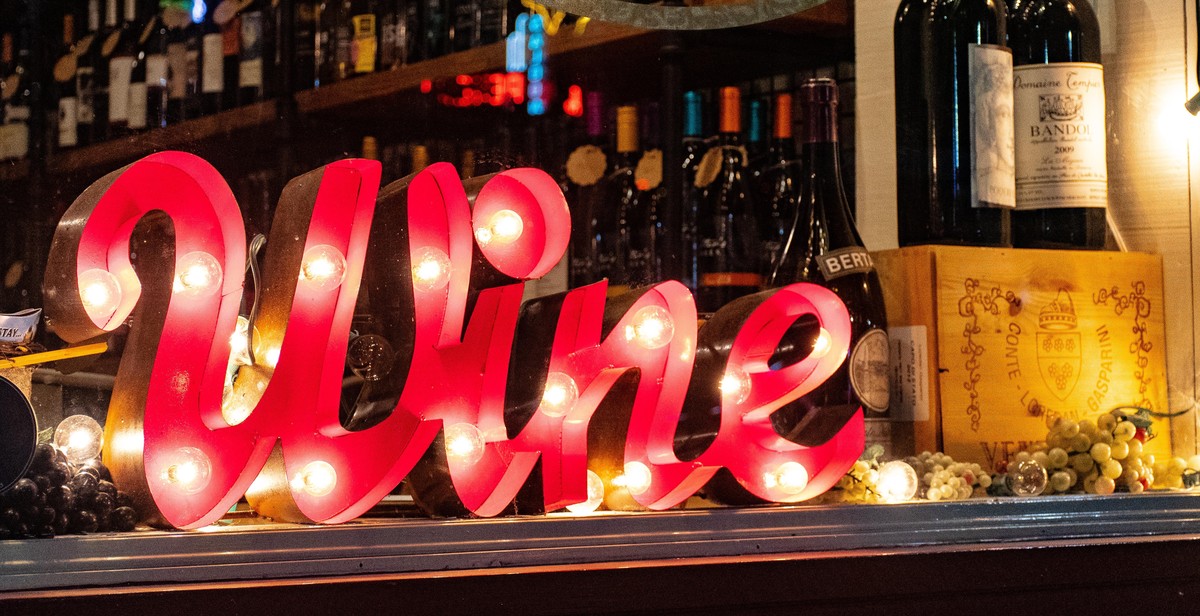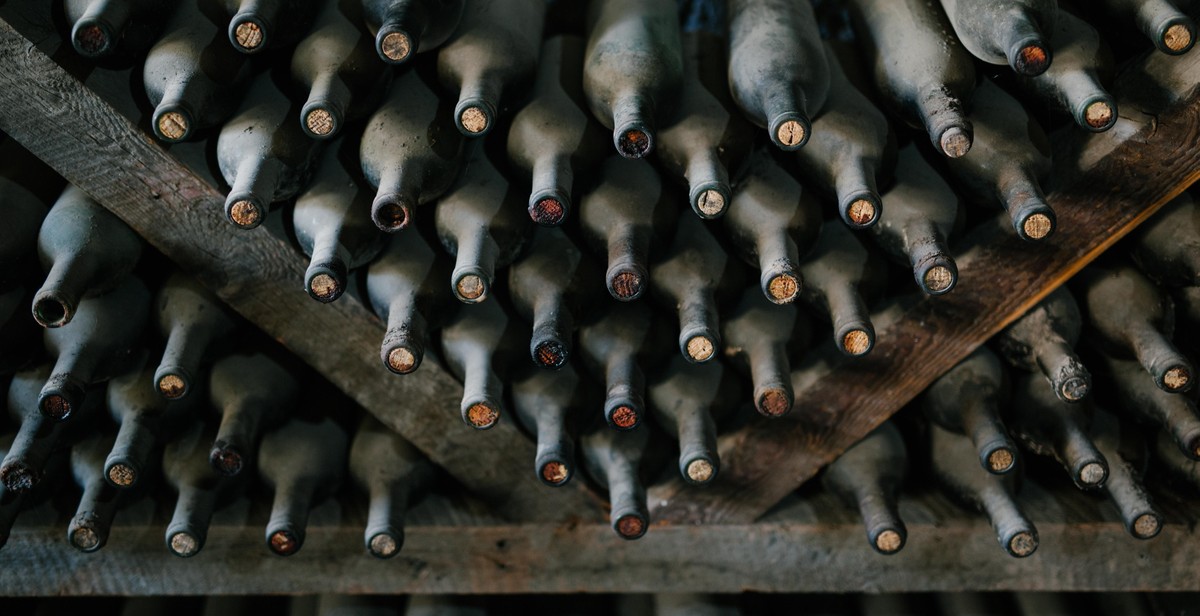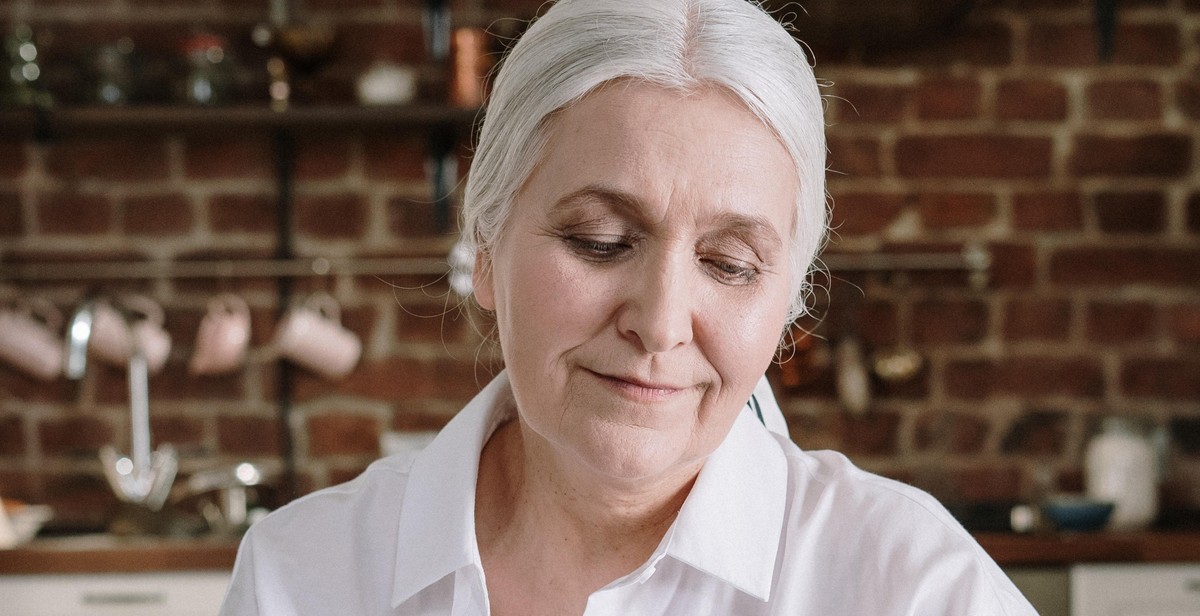How to Store Wine Properly: Tips for Preserving Flavor and Quality
Wine is a delicate beverage that requires proper storage to maintain its flavor and quality. Whether you are a casual wine drinker or a serious collector, understanding the basics of wine storage is crucial to preserving the taste and aroma of your favorite wines.
Why Proper Wine Storage Matters
Wine is a living organism that can be affected by various environmental factors such as temperature, humidity, light, and vibration. Exposure to improper conditions can cause wine to age prematurely, lose flavor, and develop off-flavors.
Proper wine storage not only preserves the quality of the wine but also enhances its flavor and aroma. When stored in optimal conditions, wine can develop complexity and character over time, making it a pleasure to drink and savor.
Factors to Consider When Storing Wine
There are several factors to consider when storing wine, including:
- Temperature: Wine should be stored at a consistent temperature between 45°F and 65°F (7°C and 18°C).
- Humidity: Wine should be stored in a humid environment, ideally between 60% and 70% humidity, to keep the cork moist and prevent it from drying out.
- Light: Wine should be stored in a dark place to prevent exposure to UV light, which can cause chemical reactions that alter the flavor and aroma of the wine.
- Vibration: Wine should be stored in a stable environment to prevent agitation, which can disturb the sediment in the wine and affect its flavor.
By following these tips and guidelines, you can ensure that your wine is stored properly and maintains its quality and flavor for years to come.
Why Proper Wine Storage is Important
Wine is a perishable commodity, which means that it has a limited lifespan once it is bottled. Proper wine storage is essential to ensure that the wine retains its flavor and quality for as long as possible. Here are some reasons why proper wine storage is important:
Wine is Sensitive to Light and Heat
Wine is sensitive to light and heat, which can cause it to spoil or age prematurely. Exposure to direct sunlight or high temperatures can cause the wine to oxidize, resulting in a loss of flavor and aroma. This is why it is important to store wine in a cool, dark place, away from direct sunlight and heat sources. Ideally, the temperature of the storage area should be between 45 and 65 degrees Fahrenheit.
Wine Needs to Breathe
Wine needs to breathe in order to develop its full flavor and aroma. This means that it needs to be stored in a way that allows air to circulate around the bottle. If the wine is stored in a sealed container for too long, it can become “corked,” which means that the cork has become contaminated with bacteria or mold, causing the wine to develop an unpleasant taste and aroma.
Proper Wine Storage Can Improve Flavor and Quality
Proper wine storage can help to improve the flavor and quality of the wine. When wine is stored in a cool, dark place, away from direct sunlight and heat sources, it can develop its full flavor and aroma. This is because the wine is able to age slowly and develop its complexity over time. If the wine is stored in a way that exposes it to light and heat, it can spoil or age prematurely, resulting in a loss of flavor and quality.
Overall, proper wine storage is essential to ensure that the wine retains its flavor and quality for as long as possible. By storing wine in a cool, dark place, away from direct sunlight and heat sources, and allowing it to breathe, you can help to improve the flavor and quality of the wine, and ensure that it remains enjoyable for years to come.

Tips for Storing Wine Properly
Wine is a delicate and complex beverage that requires proper storage to maintain its flavor and quality. Here are some tips for storing wine properly:
Store Wine in a Dark Place
Exposure to light can negatively affect the taste and aroma of wine. Ultraviolet light can break down the compounds in wine, leading to a flat and dull flavor. To prevent this, store your wine in a dark place, away from direct sunlight and fluorescent lighting.
Maintain a Consistent Temperature
Fluctuations in temperature can also damage wine. Ideally, wine should be stored at a consistent temperature between 45-65°F (7-18°C). Avoid storing wine in areas that are too hot or too cold, such as attics or garages. Rapid temperature changes can cause the cork to expand and contract, which can lead to leaks or spoilage.
Keep the Humidity Level Ideal
Humidity levels between 50-70% are ideal for storing wine. Low humidity can dry out the cork, allowing air to enter the bottle and spoil the wine. High humidity can promote mold and mildew growth, which can also affect the quality of the wine. To maintain the ideal humidity level, consider investing in a humidifier or dehumidifier.
Store Wine Bottles Horizontally
Storing wine bottles horizontally helps keep the cork moist, preventing air from entering the bottle. This is especially important for wines that are meant to be aged for several years. If the cork dries out, it can shrink and allow air to enter the bottle, which can cause oxidation and spoilage.
Avoid Vibrations
Wine should be stored in a quiet place, away from vibrations. Vibrations can disturb the sediment in the wine, affecting its flavor and texture. Avoid storing wine near appliances that produce vibrations, such as refrigerators or washing machines.
| Tip | Why it’s important |
|---|---|
| Store Wine in a Dark Place | Prevents exposure to light which can negatively affect taste and aroma |
| Maintain a Consistent Temperature | Fluctuations in temperature can damage wine and cause cork to expand and contract |
| Keep the Humidity Level Ideal | Humidity levels between 50-70% are ideal to prevent cork from drying out or mold/mildew growth |
| Store Wine Bottles Horizontally | Helps keep the cork moist and prevent air from entering the bottle |
| Avoid Vibrations | Vibrations can disturb the sediment in the wine, affecting its flavor and texture |

Where to Store Wine
When it comes to storing wine, there are a few options available. The ideal storage location will depend on the amount of wine you have, your budget, and the space you have available. Here are some of the most popular options:
Wine Refrigerator
A wine refrigerator is a great option for those who have a collection of wine that they want to keep at a consistent temperature. These refrigerators are designed specifically for wine storage and are available in a range of sizes and price points. They have adjustable temperature controls and can hold anywhere from a few bottles to over 100. Wine refrigerators are also great for those who live in small apartments or homes without a lot of extra space.
Wine Cellar
A wine cellar is the ultimate storage solution for serious wine collectors. These spaces are designed specifically for wine storage and are typically located in a basement or other cool, dark place in the home. Wine cellars can be custom-built to fit any size or shape and can hold thousands of bottles. They are also great for those who want to display their wine collection and create a unique, luxurious space in their home.
Closet or Cabinet
If you don’t have the space or budget for a wine refrigerator or cellar, a closet or cabinet can be a good alternative. These spaces should be cool, dark, and free from vibrations. They should also have a consistent temperature and humidity level. While a closet or cabinet may not be able to hold as many bottles as a wine refrigerator or cellar, they are a good option for those who only have a few bottles to store.
| Storage Option | Pros | Cons |
|---|---|---|
| Wine Refrigerator | Consistent temperature control, available in a range of sizes and price points | May not hold as many bottles as a wine cellar, can be expensive |
| Wine Cellar | Ultimate storage solution, can hold thousands of bottles, great for displaying wine collection | Expensive, requires a lot of space and planning |
| Closet or Cabinet | Good alternative for those with limited space or budget, can store a few bottles | May not provide consistent temperature and humidity control, may not hold as many bottles as a wine refrigerator or cellar |
Ultimately, the best storage option for your wine collection will depend on your individual needs and preferences. Consider your budget, the amount of wine you have, and the space you have available when deciding on the best storage solution for you.

How Long Can You Store Wine?
One of the most common questions wine enthusiasts ask is how long they can store wine. The answer depends on several factors, including the type of wine, the storage conditions, and the vintage year.
Factors that Affect Wine Aging
Wine aging is a complex process that involves the interaction of various chemical compounds in the wine. The following factors can affect how long a wine can be stored:
- Type of Wine: Some wines, such as red wines, are known to age better than white wines. This is because red wines contain more tannins, which act as a natural preservative.
- Storage Conditions: The temperature, humidity, and lighting conditions of the storage area can affect how long a wine can be stored. Wines should be stored in a cool, dark place with a consistent temperature and humidity level.
- Vintage Year: The vintage year of a wine can also affect its aging potential. Wines from exceptional vintage years tend to age better than wines from poor vintage years.
Wine Aging Chart
Here is a general wine aging chart that can help you determine how long you can store different types of wines:
| Type of Wine | Age Range |
|---|---|
| White Wine | 1-5 years |
| Red Wine | 2-10 years |
| Fortified Wine | 20-100 years |
| Sparkling Wine | 1-5 years |
Keep in mind that this chart is a general guideline and that the actual aging potential of a wine can vary depending on the specific wine and the storage conditions. It’s always a good idea to consult with a wine expert or do some research on the specific wine you’re storing to get a better idea of its aging potential.
Conclusion
In conclusion, storing wine properly is essential to preserving its flavor and quality. By following the tips outlined in this article, you can ensure that your wine collection stays in top condition and is always ready to be enjoyed.
Key Takeaways
- Store wine in a cool, dark place with a consistent temperature and humidity level
- Keep wine bottles on their side to prevent the cork from drying out
- Avoid storing wine in areas with strong odors or vibrations
- Consider investing in a wine fridge or cellar for long-term storage
- Keep track of your wine collection and drink it within the recommended timeframe
Final Thoughts
Properly storing wine is not only important for preserving its quality, but it also adds to the overall enjoyment of the wine-drinking experience. With a little bit of effort and attention to detail, you can ensure that your wine collection stays in top condition and continues to provide enjoyment for years to come.
| Author: | John Smith |
| Date Published: | June 1, 2021 |
| Article URL: | https://www.example.com/how-to-store-wine-properly |
